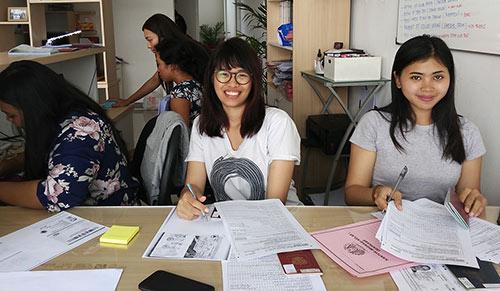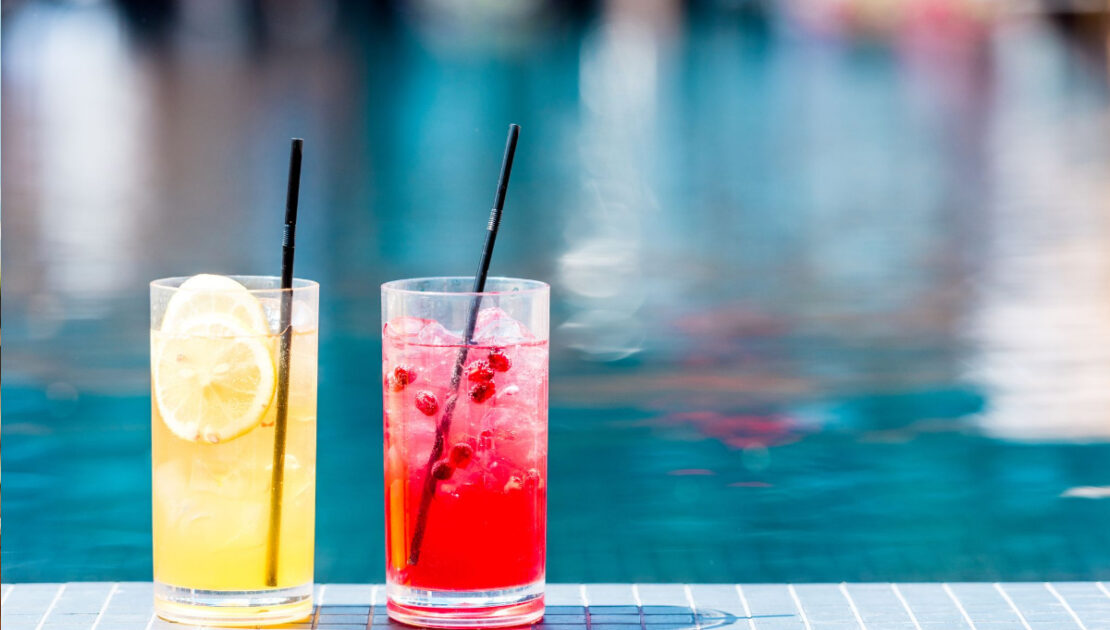Form of Alcohol License in Indonesia
Indonesia has a specific regulation for the alcoholic beverage industry, covering businesses involved in producing, importing, and/or selling alcohol. Each of these businesses needs to get a permit known as SKPL, which is short for Surat Keterangan Penjual Langsung or direct selling permit, specifically designed for alcoholic beverages.
Another permit to note is NPPBKC, which stands for Nomor Pokok Pengusaha Barang Kena Cukai, or excisable or taxable goods business/entrepreneur identification number. Without these two permits, your business isn’t allowed to engage in any activities related to alcoholic products.
Beyond SKPL and NPPBKC, business enthusiasts, not just those in the alcoholic beverage industry, should be aware of the necessity of obtaining an IUI (Izin Usaha Industri or industrial business license). Let’s break down each of these permits below:
1. IUI (Izin usaha Industri)
Translated as an Industrial Business License, IUI is crucial for any individual or entity involved in industrial activities. These activities involve transforming raw materials or utilizing industrial resources to create products with added value, as well as packing, storing, and distributing them. Alcoholic product factories, bars, and restaurants serving alcoholic products must possess an IUI.
Make sure you acquire the relevant IUI license based on your industry type and scale to avoid legal complications. By obtaining and maintaining an IUI, you can operate your industrial business in Indonesia legally, responsibly, and with access to various opportunities. Keep in mind that IUI can be amended and revoked. To delve deeper into this topic, check out our [insert other Alcohol License article I wrote] article.
Types of IUI
- Production IUI: For producing alcoholic beverages.
- Distribution IUI: For distributing alcoholic beverages produced by others.
- Storage IUI: For storing alcoholic beverages for themselves or others.
- Retail IUI: For selling alcoholic beverages directly to consumers (e.g., restaurants, bars).
Key Requirements for IUI
- Must have: NIB or Indonesian business license.
- NPPBKC registration.
- Submission of Technical Data Form detailing your business activities and product information.
IUI Issuance
The IUI is given through the Online Single Submission (OSS) system, following Regulation 24/2018. This streamlined online platform ensures an efficient and transparent licensing process.
2. SKPL (Surat Keterangan Penjual Langsung)
SKPL, or SKPL-MB to be precise, translates to a direct selling permit for alcoholic beverages in Indonesia. It’s essential for any business involved in directly selling alcoholic beverages to consumers, regardless of the business type or sales channel (including online). Once approved, the SKPL-MB is valid for one year and can be renewed upon application.
Types of SKPL
Here are the types of SKPL issued based on alcoholic beverage classifications, categorized by alcohol content: A, B, and C.
- SKPL-A: for Class A alcoholic beverages (fermented beverages like tuak, brem, and tape)
- SKPL-B: for Class B alcoholic beverages (beer, wine, and some traditional beverages)
- SKPL-C: for Class C alcoholic beverages (spirits like vodka, gin, and whiskey)
Key Requirements for SKPL
- Business registration certificate.
- NPWP (tax identification number).
- Statement of ownership or lease agreement for the business premises.
- Health and safety certifications (if applicable).
- Environmental impact assessment (for larger businesses).
3. NPPBKC (Nomor Pokok Pengusaha Barang Kena Cukai)
NPPBKC translates to excisable goods business identification number or taxable goods entrepreneur identification number. It’s a unique 16-digit code assigned by the Directorate General of Customs and Excise to businesses involved in producing, importing, and distributing alcoholic beverages in Indonesia.
While there are no specific types of NPPBKC, the application process unfolds in two phases. The initial phase includes submitting necessary documents, undergoing an initial evaluation, and verification. The second phase comprises a more thorough examination of the application, ensuring full compliance with all regulations and standards.





